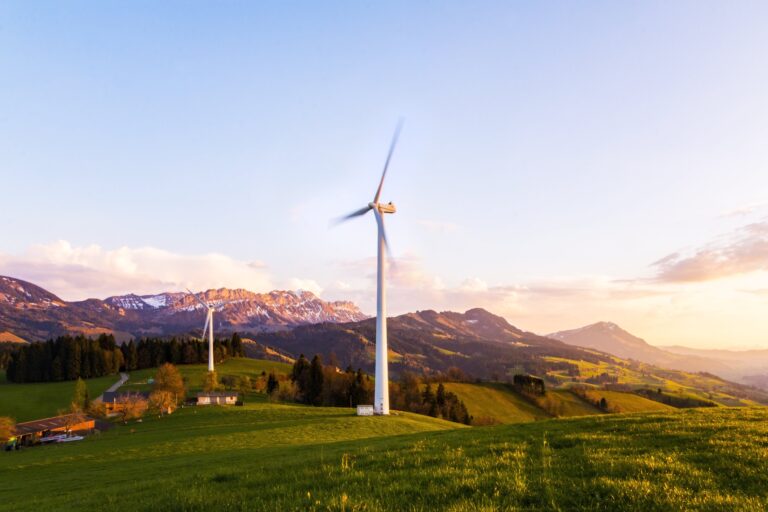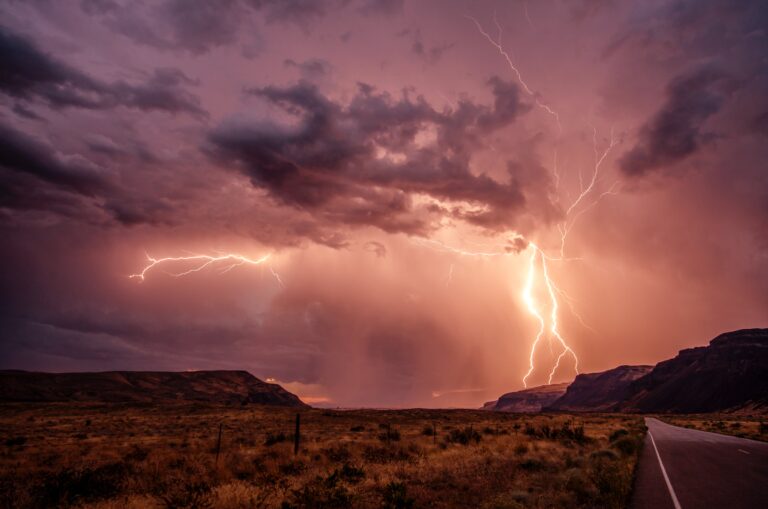windfall Profits tax proposed as last-ditch effort to rein in oil companies at COP28

A $25 billion windfall profits levy on oil states to help pay for climate damage to poorer countries was proposed by a group of former world leaders on Tuesday, an 11th-hour effort to salvage some sort of climate benefit from what’s looking to be a major oil fest at the COP28 climate summit in Dubai later this week.
With oil companies and their state backers enjoying record production this year, and amid a major report that claimed COP28 President Sultan Al-Jabar intends to use the United Nations climate summit as a way to do more oil deals with poorer countries, the idea that countries will come together to provide adequate funding to a “loss and damages” fund seems less likely by the day.
Gordon Brown, the former UK Prime Minister, along with other former leaders from New Zealand and South America, instead proposed that Al-Jabar start the meeting with a pledge by the summit’s host, the UAE, to contribute to the loss and damages fund through a levy on oil revenue and profits.
The group cited data from the International Energy Agency that global oil revenue was more than $4 trillion in 2022, up from $1.5 trillion a year pre-Covid, and that a levy on oil states would at least start to fund the loss and damages efforts that have been stuck for almost a decade. (Former world leaders seek $25bn levy on oil states’ revenues to pay for climate damage | Cop28 | The Guardian).
While it is unlikely that oil states or oil companies will voluntarily agree to a levy, the idea now planted could be useful should loss and damages discussions result in a stalemate in the next few weeks, as they are expected to.
The idea of a loss and damages fund was first raised more than 30 years ago but picked up steam after the Paris Accord of 2015 established parameters for emissions for most nations and several countries agreed to fund it up to $100 billion. Those numbers have proved way to ambitious, however.
Earlier this year, nations agree to establish a fund, within the World Bank, to administer the money, but where it will come from is still up for grabs.
More from ClimateCrisis 247
- America’s Dirty Airlines Pollute The Skies
- China Rejects Oil Future
- AI Energy Costs Hit $29 Billion
- AI Can Create Its Own Energy Solution





